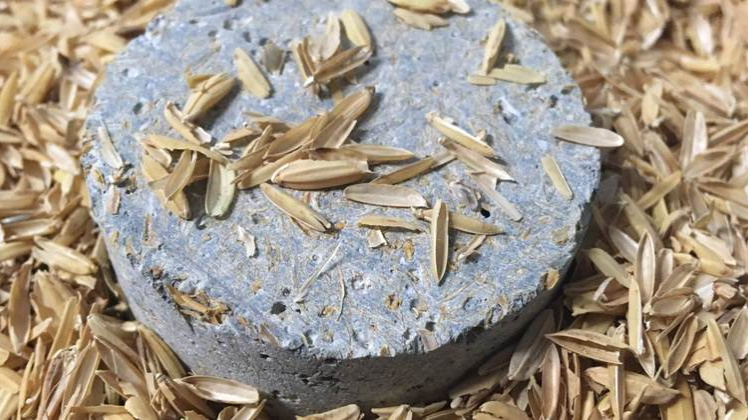About
Cement is one of the most commonly used building materials due to its durability and highly functional properties after hardening. However, its production also has negative environmental impacts, such as the extraction of raw materials, energy consumption and CO2 emissions. Because the volume of concrete being produced every year continues to be very significant, several studies are being developed in an attempt to improve its sustainability by incorporating waste materials in substitution of aggregates, as well as by developing precast solutions. In this context, the use of natural fibres and agricultural by-products, such as rice husk, can offer important environmental advantages. Rice husk is locally available in Portugal and presents unique characteristics that encourage its utilization, such as low density and high porosity. This by-product has no commercial value and low nutritive properties. Furthermore, its disposal in landfills may cause environmental impacts due to its high silica content. Its great potential for use in the context of this project is related with the insulation properties provided by its structural and morphological characteristics. By partially replacing conventional aggregates with rice husk, the density of concrete can be lowered, contributing to: greater economy in handling and transportation costs, improved thermal and acoustic performance and an overall more sustainable material. The aim of this project is to combine these benefits and develop road traffic noise reducing devices and multi-layered wall panels made from cement-based composites incorporating rice husk with high thermal, acoustic and environmental performance. The development of precast solutions incorporating rice husk will contribute to enhance the sustainability and overall quality of the products. There are several advantages associated with applying prefabrication technology in the development of building materials. Namely, construction costs reduction, quality and durability improvement, lessening of construction waste, the reduction of energy and water consumption, along with the possibility to create solutions with a more appealing design.


